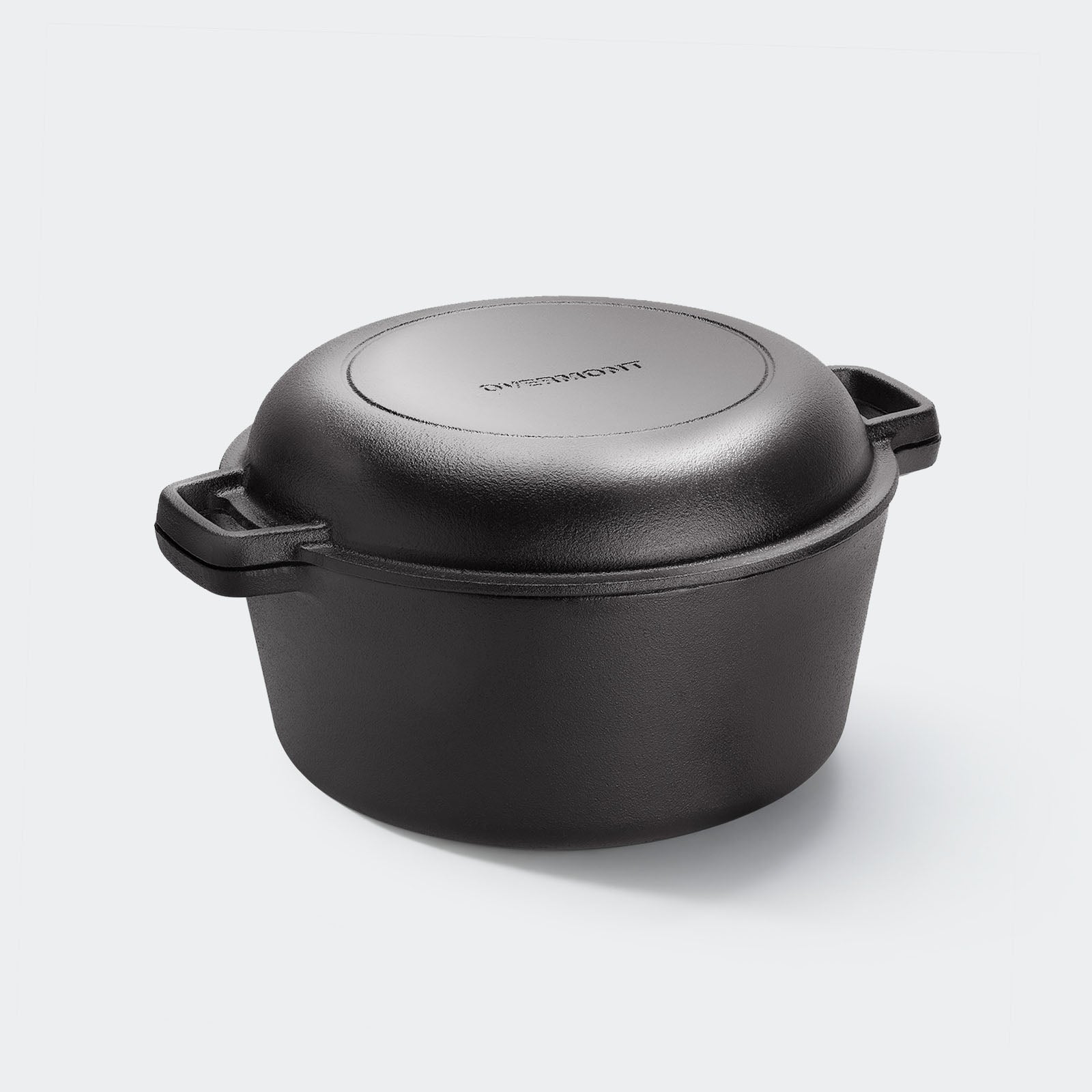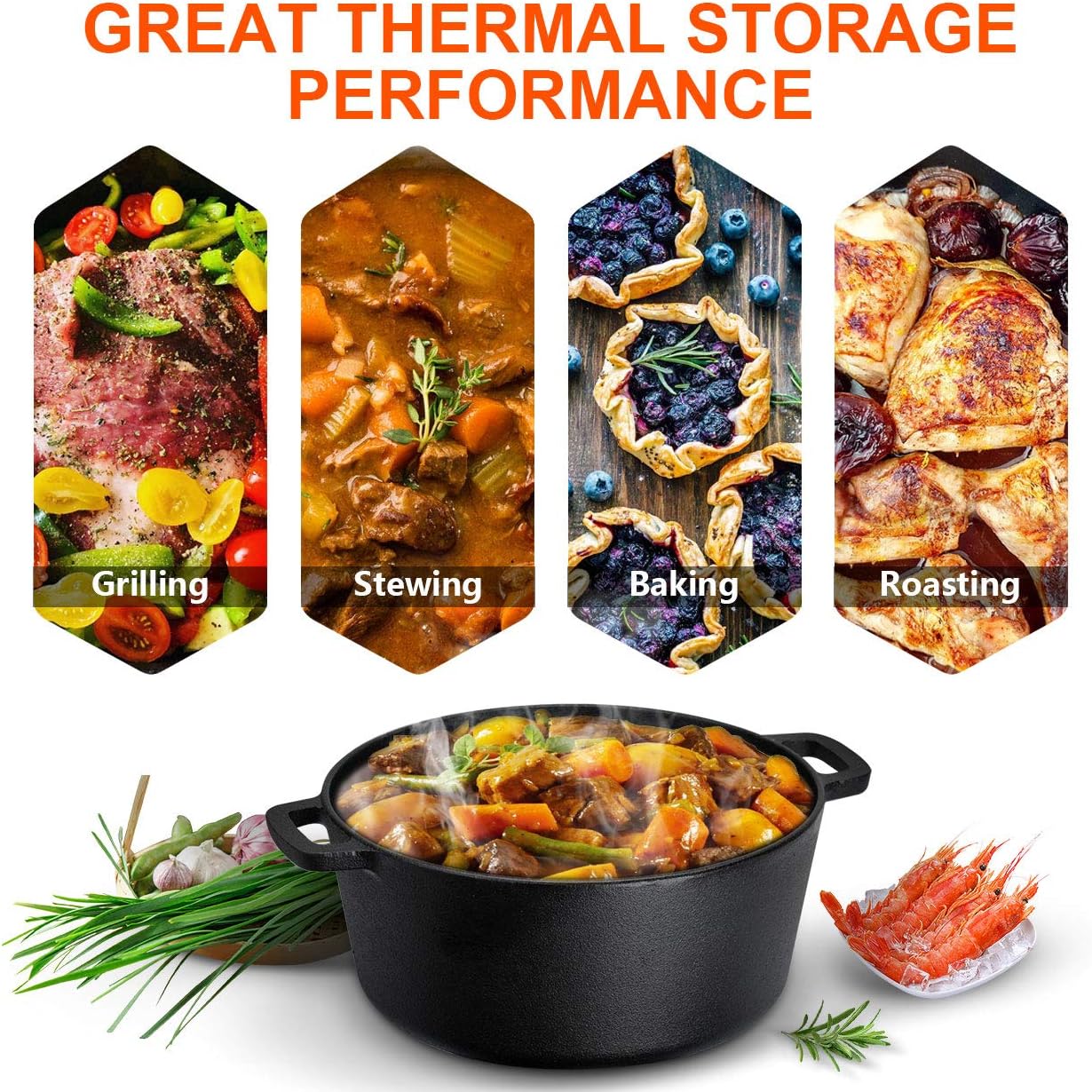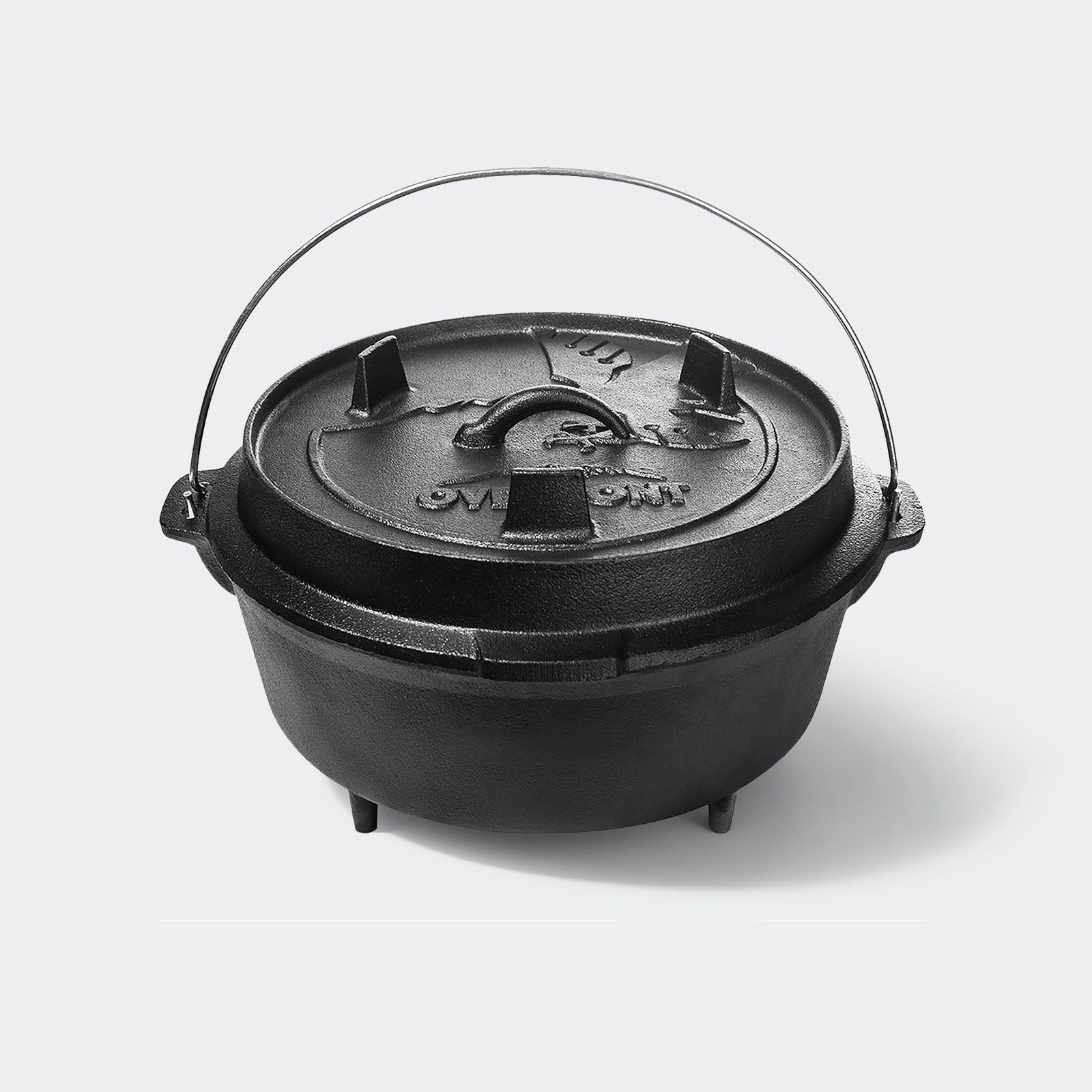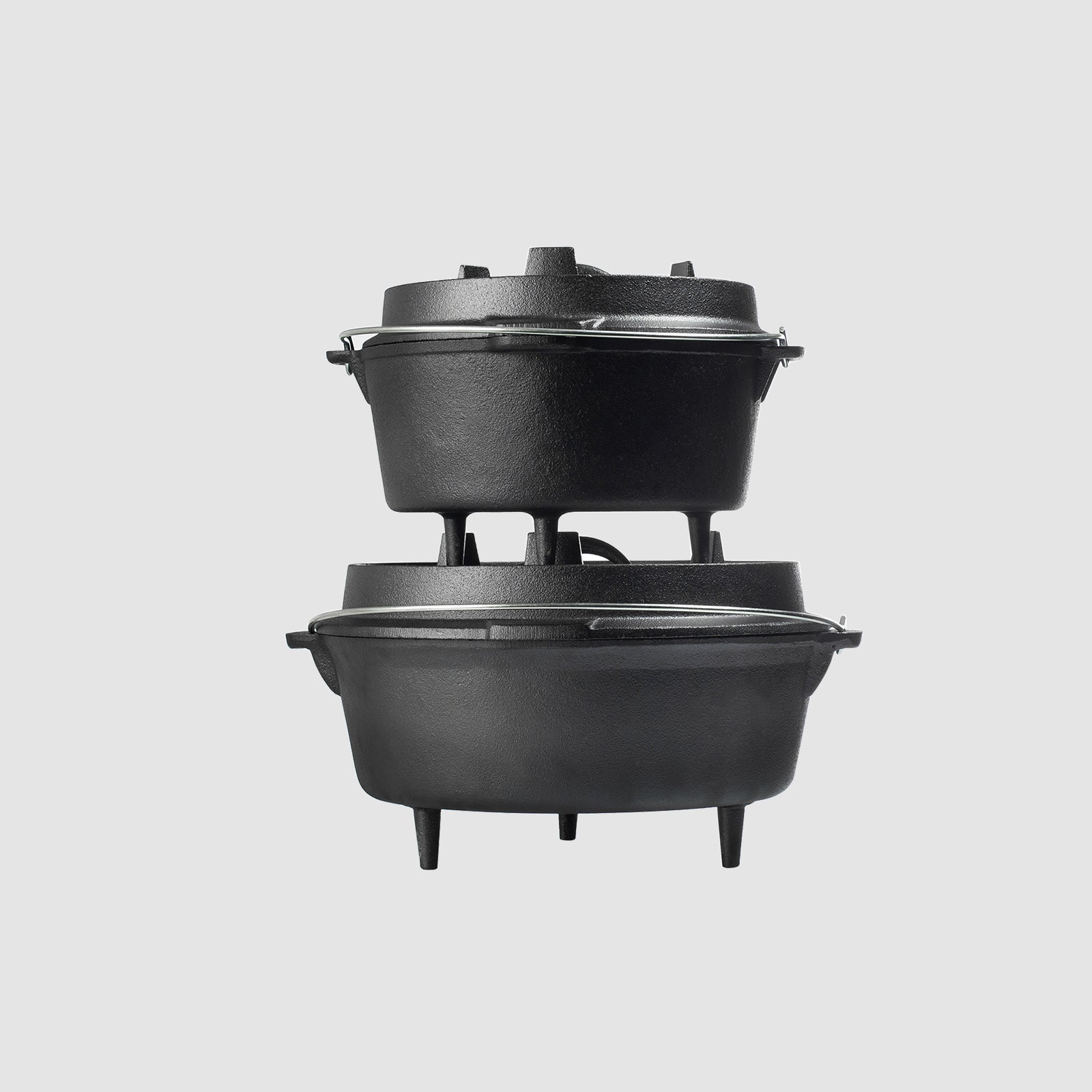
Collection:
Dutch Ovens
Filter
10 products
Overmont 5.5Quart Cast Iron Dutch Oven Drip-pattern Lid Multicolor
No reviews
Regular price
$79.99 USD
Sale price
$79.99 USD
Regular price
Unit price
/per
Overmont Enameled Cast Iron Dutch Oven in Cherry Red
19 reviews
Regular price
From $66.99 USD
Sale price
From $66.99 USD
Regular price
Unit price
/per
Overmont Enameled Cast Iron Dutch Oven in Cream White
19 reviews
Regular price
From $66.99 USD
Sale price
From $66.99 USD
Regular price
Unit price
/per
Overmont Enameled Cast Iron Dutch Oven in Pink
19 reviews
Regular price
From $66.99 USD
Sale price
From $66.99 USD
Regular price
Unit price
/per
Overmont Enameled Cast Iron Dutch Oven Multiple Sizes and Colors
19 reviews
Regular price
From $66.99 USD
Sale price
From $66.99 USD
Regular price
Unit price
/per
Overmont 5QT Enameled Cast Iron Dutch Oven Multicolor
19 reviews
Regular price
From $69.99 USD
Sale price
From $69.99 USD
Regular price
$89.99 USD
Unit price
/per
Overmont 5.5QT Enameled Cast Iron Dutch Oven Multicolor
19 reviews
Regular price
From $72.99 USD
Sale price
From $72.99 USD
Regular price
Unit price
/per
Overmont 2 in 1 Dutch Oven with Skillet Lid
1 review
Regular price
From $45.99 USD
Sale price
From $45.99 USD
Regular price
Unit price
/per
Overmont Camp Dutch Oven Cast Iron Cookware
1 review
Regular price
From $69.99 USD
Sale price
From $69.99 USD
Regular price
Unit price
/per
Overmont 3.8 Quart Cast Iron Enameled Braiser Cookware
2 reviews
Regular price
$89.99 USD
Sale price
$89.99 USD
Regular price
Unit price
/per



















